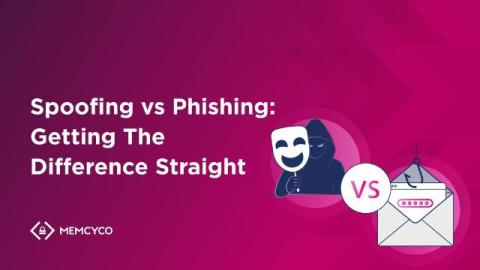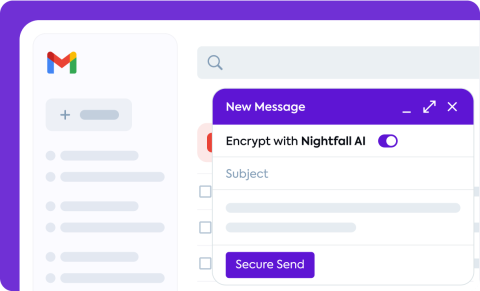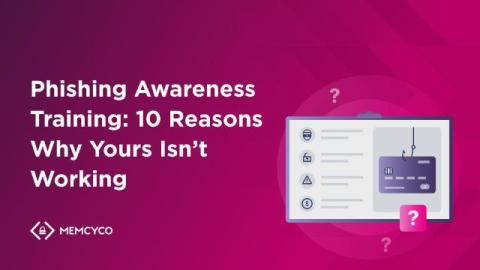62% of Phishing Emails Bypassed DMARC Checks in 1H of 2024
A report from Darktrace has found that 62% of phishing emails in the first half of 2024 were able to bypass DMARC verification checks in order to reach users’ inboxes. “Building on the insights from the 2023 End of Year Threat Report, an analysis of malicious emails detected by Darktrace / EMAIL in 2024 underscores the implication that email threats are increasingly capable of circumventing conventional email security tools,” the report says.








